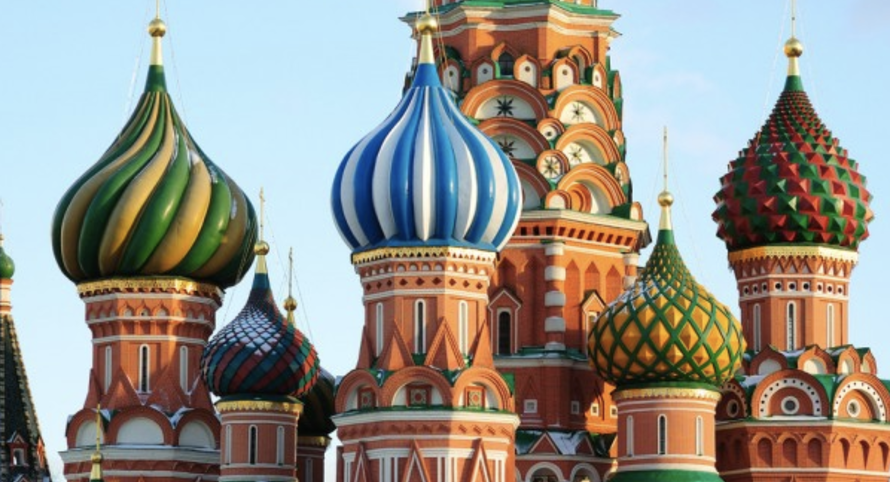Are there any banks in Europe that haven’t been tainted by the burgeoning Russian money laundering scandal?
To wit, European banking shares tumbled on Tuesday as reports suggested several banks from Austria to the Netherlands to – of course – the Baltics – had been accused of turning a blind eye (or at least failing to detect) money laundering by a group nicknamed “the Troika Laundromat”.
The scandal first began to take shape roughly a year ago when the Treasury forced ABLV, the third-largest bank in Latvia, into liquidation over allegations that it laundered money for North Korea’s ballistics missile program. A few months later, reports started circulating in Estonian media that the local branch of Dutch lending giant Danske Bank had turned a blind eye to hundreds of billions of euros in suspicious transactions involving customers from the former Soviet Union. The bank eventually acknowledged that it had cleared some $234 billion in suspicious funds, including for companies that purportedly had ties to Russian President Vladimir Putin, prompting a slew of investigations by Estonian, Dutch, European and US authorities. The bank’s chairman and CEO were soon forced out, and regulators in Estonia have shuttered the offending branch.
Shortly after, Deutsche Bank was exposed for its role in clearing nearly all of these transactions through its correspondent banking unit. And in recent weeks, several Scandinavian banks, including Nordea, Swedbank and DNB ASA have been linked to the Danske scandal as well.
On Tuesday, the scandal expanded to Central Europe, as Raiffeisen Bank International shares fell s much as 11% after Bill Browder’s Hermitage Fund told Austrian prosecutors that the bank had helped launder money from Russian criminal activity, including the Troika Laundromat, a group that had also moved money through the three largest Dutch banks. Raiffeisen responded to the allegations by vowing to launch an internal investigation.
Accounts at the three largest Dutch banks were used by the Troika Laundromat to move cash from Russia, according to Dutch magazine De Groene Amsterdammer, which is part of the OCCRP journalist group. About 43 million euros were paid to the Rabobank account of Dutch yacht builder Heesen for construction of two boats, the newspaper said, while approximately 190 million euros went through bank accounts at an ABN Amro unit that later became part of Royal Bank of Scotland. The banks declined to comment.
ABN Amro fell as much as 5 percent before paring losses. ING Groep NV declined as much as 2.8 percent.
But they weren’t the only European banks to launder money for the Troika.
Raiffeisen Bank International’s predecessor RZB helped launder money linked to Russian tax fraud, according to a report Hermitage Fund filed to Austrian white-collar prosecutors. Browder, an investor who has spent the past decade building cases against banks for laundering following the death in a Russian jail of Magnitsky, said more allegations will unfold.
More than $889 million went from accounts at Deutsche Bank to accounts of the “Troika Laundromat” between 2003 and 2017, German daily Süddeutsche Zeitung – also part of the OCCRP group – also reported. Deutsche Bank, in written comments, said it always cooperates with authorities and regulators worldwide and said that as a correspondent bank it only has limited access to information about the customers of the respondent bank.
BBG noted with alacrity that new revelations about the extent of what appears to have been a systemic failure in AML controls have surfaced.
Almost daily revelations are exposing the breadth of suspicious activity that has enmeshed banks across the continent. With investigations under way in Baltic members of the European Union that once were Soviet states, the Nordic countries, the U.S., the U.K. and elsewhere, it may be months before the full extent is uncovered.
With European bank shares already underperforming in 2019, as growths lows, interest rates are mired in near-zero territory, and new regulations hamper their ability to compete with their American peers, this is the last thing the sector needed.
And with each new report, the anxiety of Russian tax evaders and money launderers grows, as a wide ranging AML crackdown becomes more of a priority for EU regulators.
via ZeroHedge News https://ift.tt/2EFnUeK Tyler Durden
